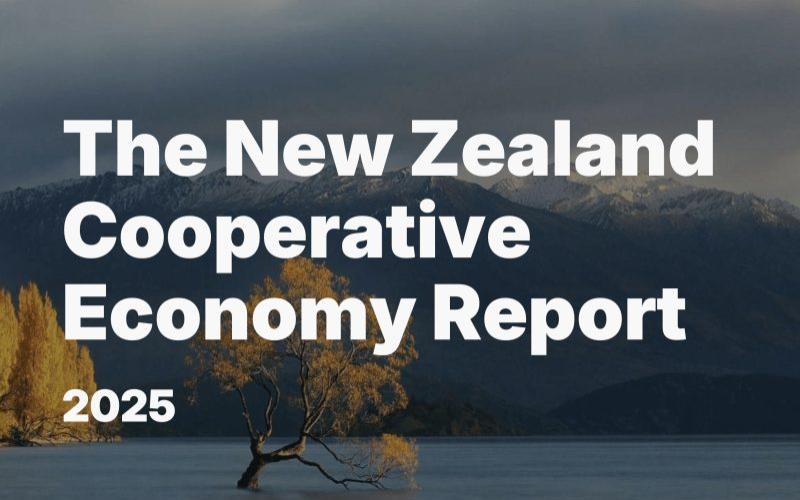NZ Co-ops Generate 12.5% of GDP Despite 0.04% Share
Source: dairynews.today
New Zealand's top 30 cooperatives demonstrate remarkable efficiency, contributing significantly to GDP with minimal company representation.

New Zealand’s cooperative sector, despite representing only 0.04% of registered companies, astonishingly generates 12.5% of the national GDP. According to the NZ Cooperative Economy Report 2025, these top 30 cooperatives employ over 49,000 people—approximately 1.5% of the national workforce—and collectively realize NZ$51.881 billion in revenue, demonstrating an immense influence on the nation’s economic fabric.
Dairy giant Fonterra leads this sector, underscoring New Zealand's agricultural foundations. Cooperatives have a significant longevity advantage, operating for an average of 52.3 years compared to 11 years for traditional companies. This endurance is attributed to the cooperatives' member ownership model, facilitating reinvestment and sustainability through economic cycles. Innovative projects, including cooperative-driven digitization and infrastructure improvements, highlight this business model’s local value retention and systemic contributions.
Additionally, the cooperatives' crisis readiness was revealed during Cyclone Gabrielle, where companies like Fonterra and FMG utilized their sector-specific assets and community trust to provide critical support. In a partnership aiming for long-term sustainability, cooperatives like Fonterra, along with government support, have pledged over $170 million towards methane reduction initiatives, showcasing their commitment to environmental stewardship and workforce development. These cooperatives continue to play a pivotal role in national productivity by pooling resources and prioritizing investments in regional and community initiatives.
Dairy giant Fonterra leads this sector, underscoring New Zealand's agricultural foundations. Cooperatives have a significant longevity advantage, operating for an average of 52.3 years compared to 11 years for traditional companies. This endurance is attributed to the cooperatives' member ownership model, facilitating reinvestment and sustainability through economic cycles. Innovative projects, including cooperative-driven digitization and infrastructure improvements, highlight this business model’s local value retention and systemic contributions.
Additionally, the cooperatives' crisis readiness was revealed during Cyclone Gabrielle, where companies like Fonterra and FMG utilized their sector-specific assets and community trust to provide critical support. In a partnership aiming for long-term sustainability, cooperatives like Fonterra, along with government support, have pledged over $170 million towards methane reduction initiatives, showcasing their commitment to environmental stewardship and workforce development. These cooperatives continue to play a pivotal role in national productivity by pooling resources and prioritizing investments in regional and community initiatives.
Key News of the Week










